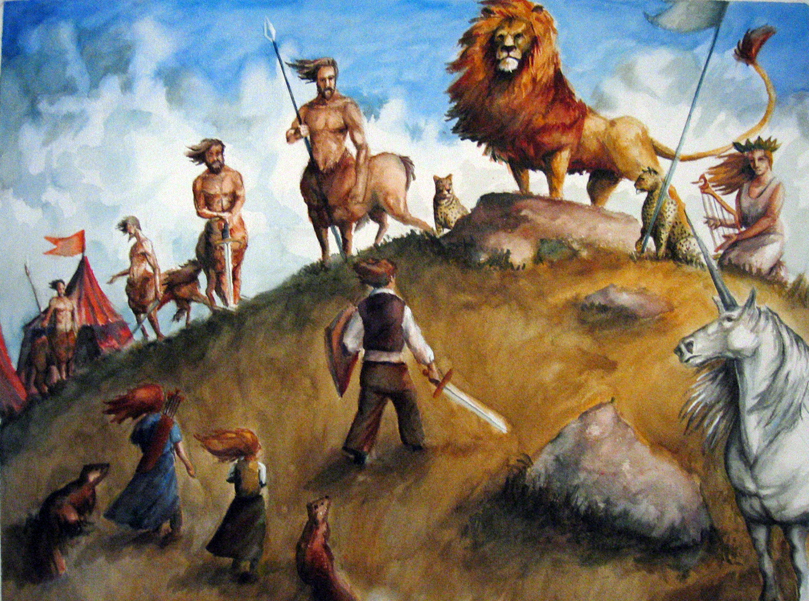When I learned my summer vacation with the
in-laws this year was going to be a trip to Wyoming, I was somewhat taken
aback. What was I going to do out
West? The only vacations I have ever
taken have been either to the beach or to a big city - never somewhere as
"out there" as Wyoming.
However, all that changed when I stepped off the plane a few days ago
into the most amazing natural habitat I had ever seen.
|
| (my summer vacation) Grand Tetons |
The mountains shot up toward the blue sky
pointing to an even more amazing Creator.
As the days have passed on this trip, I not only appreciate the
countryside, but all that is embodied within it. I have seen bald eagles, elk, buffalo, and
bears roaming their homeland. I have
climbed a mountain that literally took my breath away. I have been immersed in an abundance of
nature - and can fully appreciate it away from the city lights and busy
lifestyle I typically use.
 |
| View from our Hot Air Balloon |
All this contemplation of God's creation
instantly made me think of Romans 1:20, which states "For since the
creation of the world God's invisible qualities--his eternal power and divine
nature--have been clearly seen, being understood from what has been made, so
that people are without excuse" (NIV).
By this immersion in such vast nature, I cannot understand how people
are not pointed toward the Creator. This
made me think of a paper I recently wrote for a class on C.S. Lewis's theology
of Creation in which I will share with you in 5 installments.
The creation story – and all it
entails – is perhaps one of the most widely known stories in today’s
culture. It seems that everyone is
familiar with the story of Adam and Eve as told through the visual depictions
of a man and woman wearing leaves to cover their nakedness. Even the un-churched person understands that by
eating the forbidden fruit in the Garden of Eden was an avenue in which evil
entered. The implication of creation,
however, is much more than just a cute drawing for a church bulletin. It entails a look at the Creator, the
created, and how to respond to such a creation.
The beloved writer C.S. Lewis delves into the theological implications
behind Creation through an objective lens as he writes stories like The Chronicles of Narnia as well as
non-fiction works such as The Abolition
of Man. He suggests analogies “of
the Christian scheme of things”
in his books rather than providing a straight-forward proposition; this helps
the reader actively participate in the process of understanding his
theology. Though Lewis’s personal
thoughts on the topic are never stated bluntly, they are creatively embedded
within his writing through analogy and prose to help the reader formulate their
own opinions.
-part 2 to follow....
 After all that discussion about Lewis's views of Creation - 6 posts worth!- I thought to reward you faithful readers with some free music about... wait for it... creation!
After all that discussion about Lewis's views of Creation - 6 posts worth!- I thought to reward you faithful readers with some free music about... wait for it... creation!






